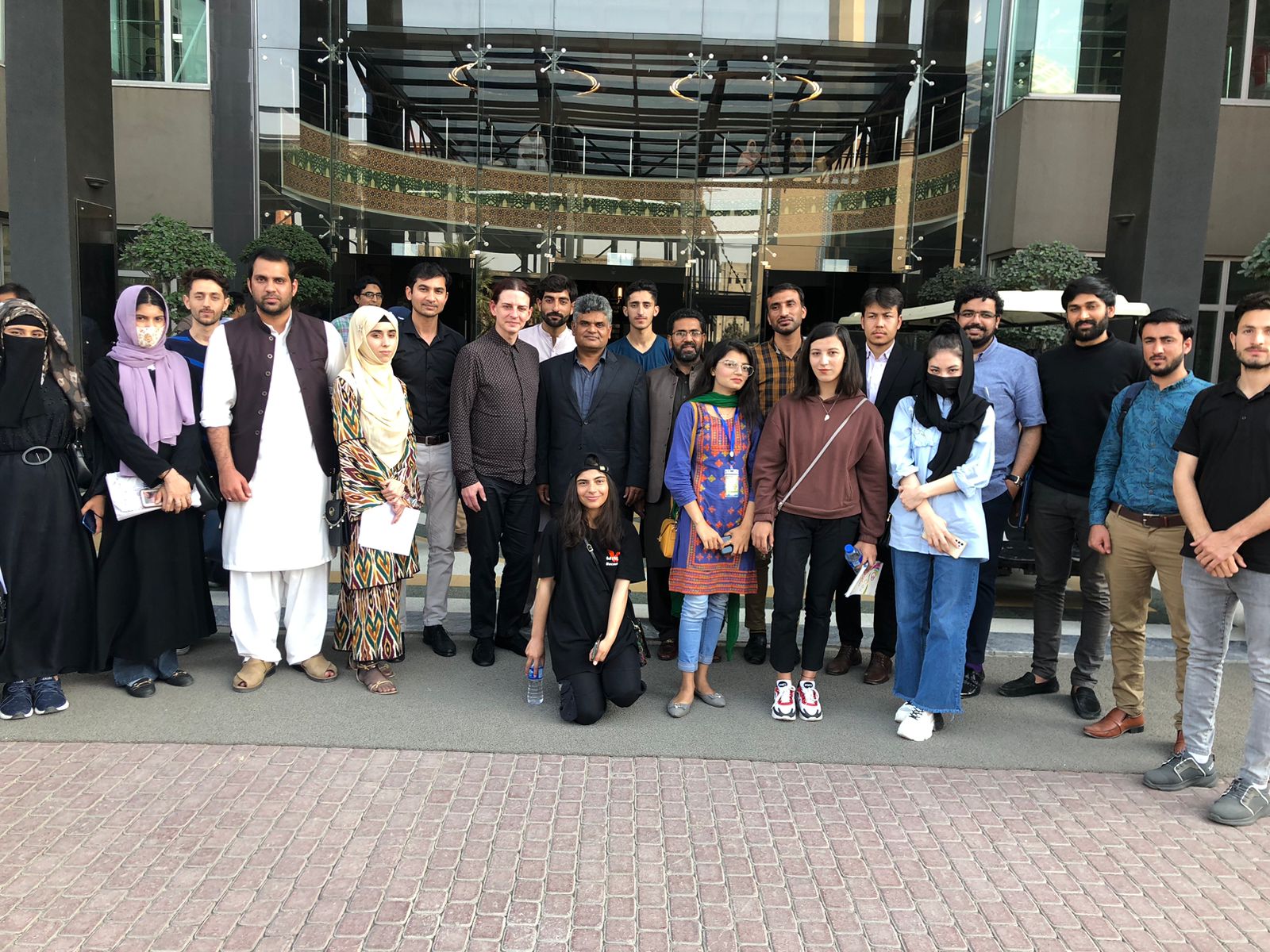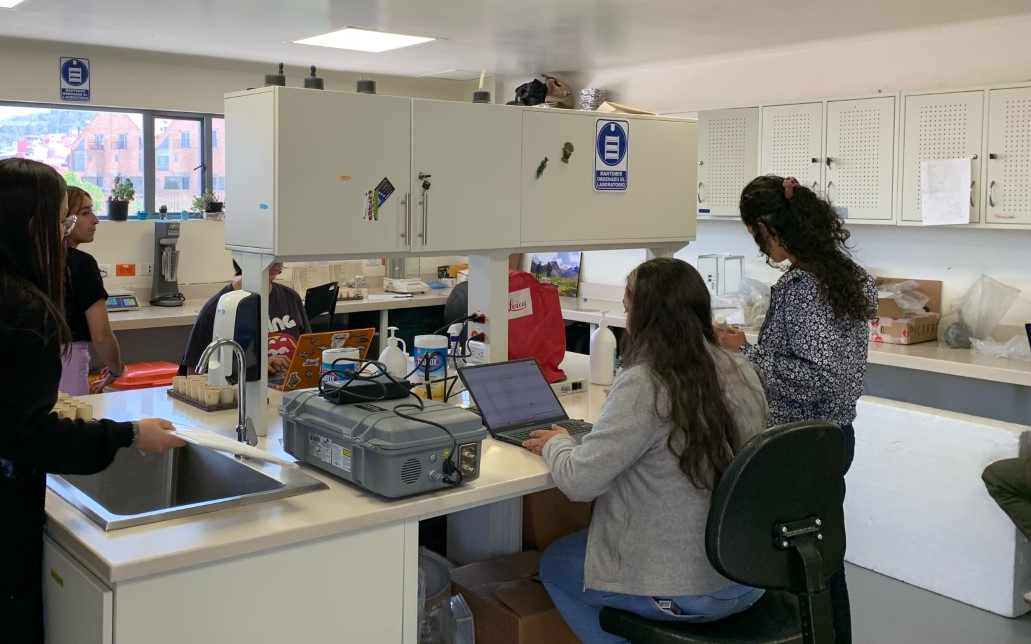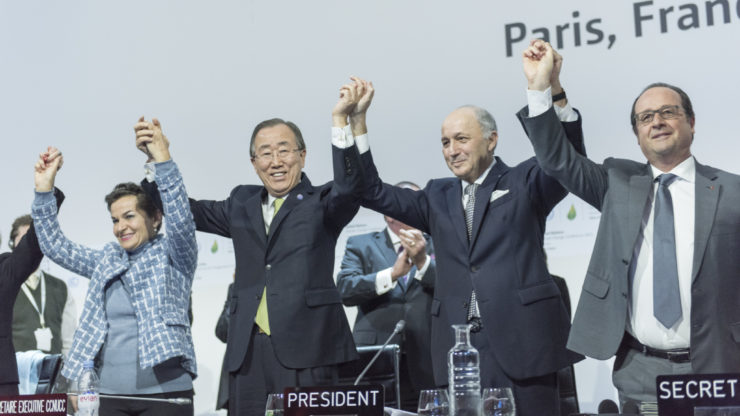The course is set for Pakistan in the country’s efforts to join the international carbon market under the Paris Agreement’s Article 6.
Partners in the Supporting Preparedness for Article 6 Cooperation (SPAR6C) programme have discussed and defined the next steps for carbon markets under Article 6 of the Paris Agreement in Pakistan.
The plans cover what capacity is needed and where and how to build it, and which frameworks and institutional structures should be initiated as well as what research is needed to maximize potential and outcome of using Article 6.
Listen to the ClimateTech Podcast on Article 6 potential and how to overcome barriers here.
The SPAR6C programme’s work in Pakistan is led by UNEP Copenhagen Climate Centre supported by GFA Consulting.
Strategic dialogue with all partners
The SPAR6C programme is wrapping up its preparatory phase in Pakistan, which has included extensive stakeholder consultation, assessing the existing capacities and needs for capacity building and technical assistance in a Readiness and Needs Assessment (RNA) report, and developing a workplan for SPAR6C support lasting until 2027.
To discuss priorities for SPAR6C support and align expectations on program objectives, the Government of Pakistan hosted a Strategic Dialogue to discuss the lessons learned, the next steps of the programme and reach a common understanding among the government, the funding partner, country partner, and technical partners.
The dialogue brought together representatives from Pakistan’s Ministry of Climate Change and Environmental Coordination, the German Federal Ministry for Economic Affairs and Climate Action (BMWK), the UNEP Copenhagen Climate Centre, the Global Green Growth Institute and GFA Consulting.
Mapping the Article 6 needs
During the dialogue, and to inform the discussion on priorities and goals, carbon market experts from UNEP Copenhagen Climate Centre presented the preliminary findings of the RNA.
The assessments shows that in general, there is widespread understanding of climate change issues as well as capacity for stand-alone projects and sector-wide interventions.
However, when it comes to carbon markets and trading under Article 6, as with most other countries having to adapt to the new rules and guidelines in the Paris Agreement, Pakistan needs capacity building at both federal, province, and local levels.
If the country is to take advantage of the potential of emissions trading under Article 6 to attract much needed climate finance, institutional frameworks are needed.
Looking at the academic institutions, the analysis also showed, that they can provide substantial expertise in emissions reduction technologies, and help address needs and build capacity on cooperative approaches under Article 6.
Part of the SPAR6C approach is the launch of the Community of Practice for Article 6 Implementing Countries (CoP-ASIC), which works with academia in Pakistan, Zambia, Colombia and Thailand to asses capacity needs and fill them.
The SPAR6C workplan
Supporting both medium and long term planning in Pakistan, it was agreed during the dialogue that SPAR6C would work with national experts to develop a Marginal Abatement Cost Curve (MACC) to the mitigation potential, marginal costs, and technology options in various sectors in Pakistan by 2050.
This MACC can help fill the existing gap and support the government to strategically prioritize sectors and technologies for Article 6 activities and reserve cheaper and easy mitigation opportunities to fulfill the country’s own mitigation target in its Nationally Determined Contributions (NDC). The workplan also includes conducting 3-5 sectoral studies based on national needs and gaps to identify high potential sectors and technologies.
Another workstream is Article 6 governance framework. It was agreed during the dialogue that SPAR6C’s workplan for the next two years should focus on institutional frameworks and setting up an approval structure with clear roles and responsibilities for projects under Article 6.
This involves building capacity in key government institutions on both federal and state level.
Finally, SPAR6C will support several pilot projects with advice on financing and business plans, and help find buyers and negotiate emissions reductions purchase agreements. The SPAR6C programme will also develop a pipeline for additional Article 6 projects in Pakistan, and build the capacity of businesses in identifying, designing, and implementing Article 6 activities.




